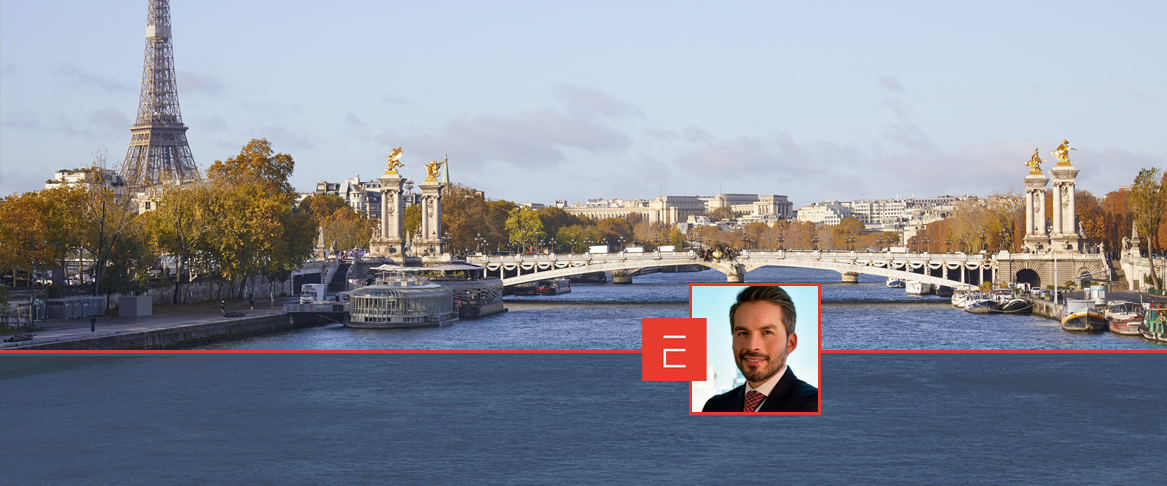Pollution of the Seine River during the 2024 Paris Olympic Games
The city of Paris, host of the 2024 Olympic Games, faces a significant environmental challenge: pollution of the Seine River. During the Olympics, the river will host swimming and rowing events, raising concerns about potential health risks due to water quality.
France has a strong legal framework for environmental protection, including the Environment Code and the European Union’s Water Framework Directive, which mandate the achievement of good ecological status of waters. These regulations are essential to ensure the safety of athletes and compliance with environmental standards.
French authorities, together with the International Olympic Committee, have implemented projects to clean up the Seine River, improving wastewater treatment infrastructures and reducing industrial discharges.
Despite these efforts, multiple trainings were cancelled and some other competitions have been postponed for a few days due to the presence of bacteria such as E.Coli and Enterococcus at levels unfit for human health, thus the contamination of the Seine River poses a risk to athletes, public health and the marine biodiversity found there.
It should be noted that, as of today, the authorities of both France and the International Olympic Committee are still willing to hold the remaining competitions in the Seine River as originally scheduled, ruling out the possibility of moving them to other locations.
Thus, it is essential to carry out continuous monitoring and adopt effective preventive measures; French legal regulations such as the French Water Law and the Environmental Protection Law are key to sustainable and safe water management.
In Mexico, on the other hand, the general criteria for the prevention and control of water pollution and aquatic ecosystems are established in the General Law of Ecological Balance and Environmental Protection (Ley General del Equilibrio Ecológico y la Protección al Ambiente).
Specifically, wastewater discharges are regulated mainly by the National Water Law, its regulations and, in the case of bodies of water under federal jurisdiction (where the Seine River would be located if it were in Mexico), by Mexican Official Standard NOM-001-SEMARNAT-2021, which establishes the permissible limits for pollutants in wastewater discharges into receiving bodies of water owned by the nation.
As a whole, the purpose of these regulations is to protect the health of the population, preserve biodiversity, maintain water quality and enable its different uses.
It is in this context that it is essential to question the degree of compliance with the environmental legislation of our country, the levels of contamination of its bodies of water, as well as their suitability to be used in productive, recreational and any other type of activities, since the possibility of approaching them in a responsible, safe and environmentally adequate manner will depend on this.
At ECIJA Mexico, we are committed to offer legal advice of excellence to help companies and organizations to comply with current legislation, guarantee the sustainability of their operations and the improvement of the environment.
ECIJA Mexico
socios.mexico@ecija.com
+52 55 5662 6840
www.ecija.com






